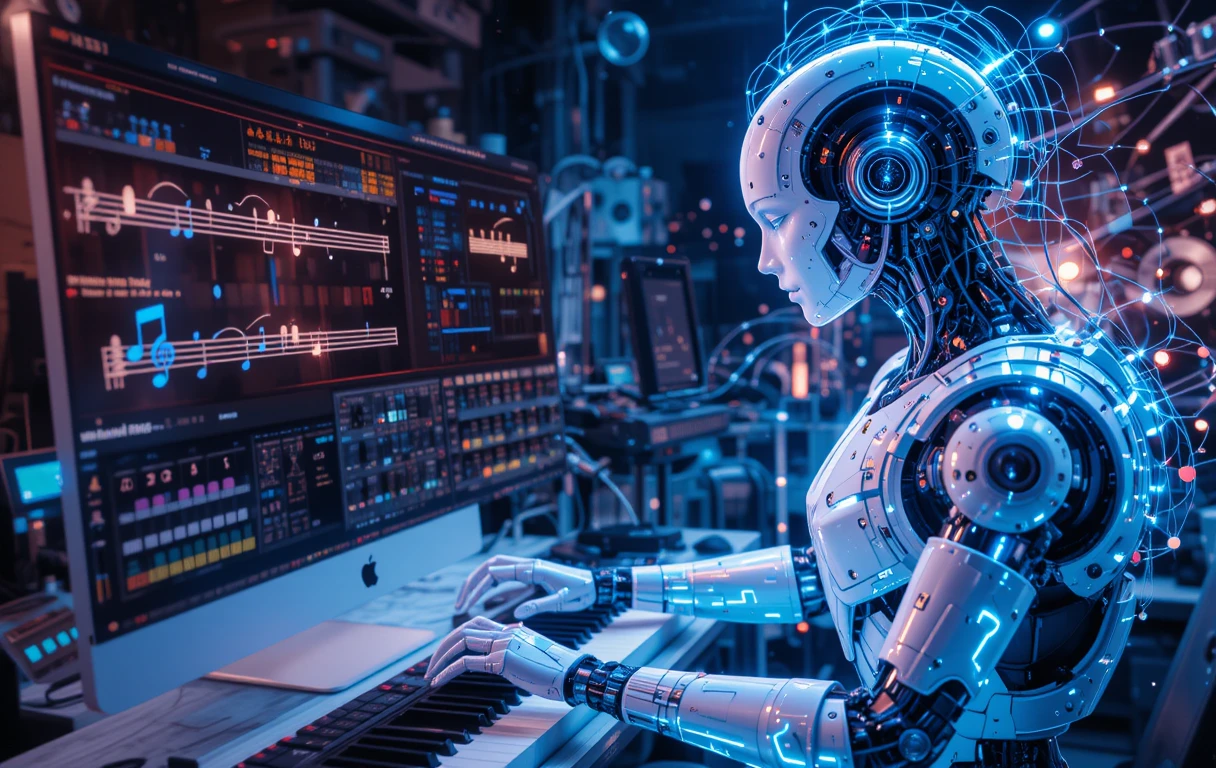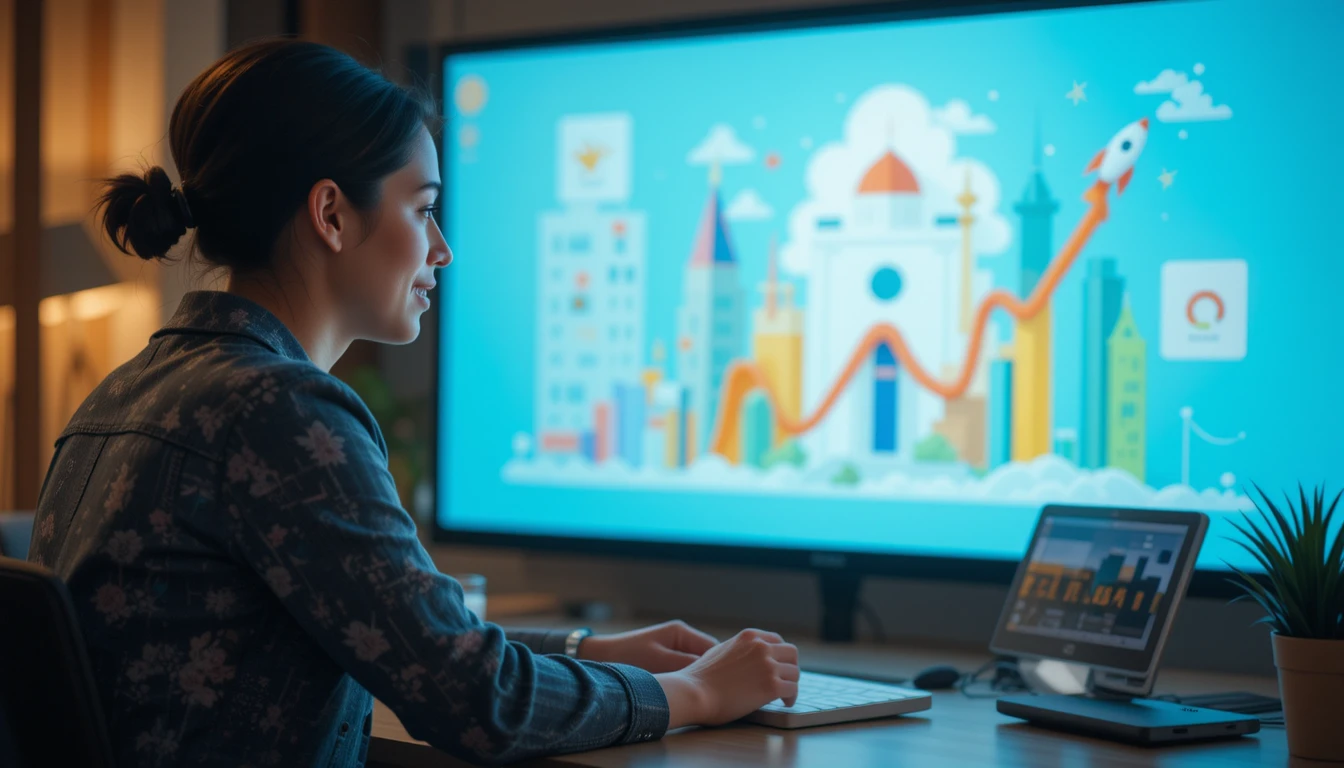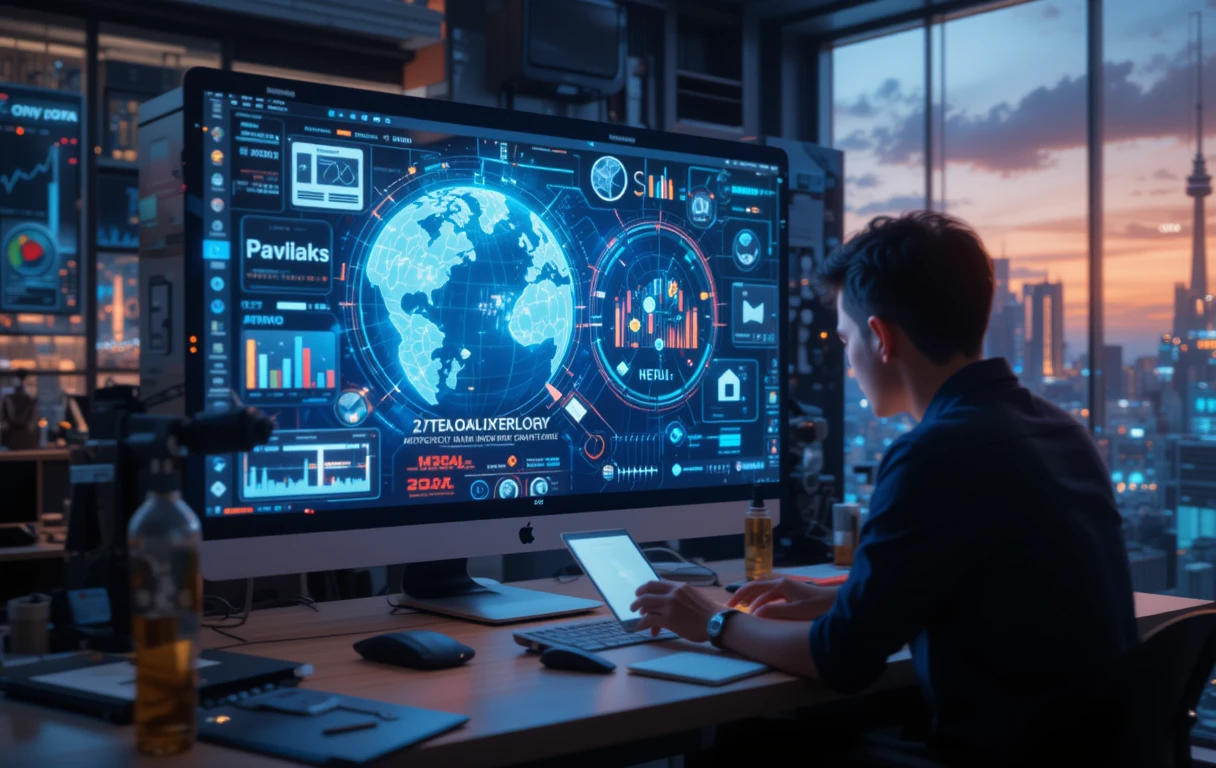Artificial intelligence has officially made its way into the music industry, and the results are fascinating, controversial, and even unsettling. AI-generated music, where algorithms compose melodies and lyrics, is shaking up traditional notions of artistry. But with this rise comes a pressing question: Is AI replacing human creativity or simply enhancing it? Let’s dive deeper into this phenomenon, exploring its potential, limitations, and the emotional complexities it introduces.
What Is AI-Generated Music?
AI-generated music refers to compositions created by artificial intelligence systems that analyze data from thousands (or even millions) of songs to produce new melodies, harmonies, and lyrics. These algorithms are trained to replicate styles, genres, and even the emotional nuances of music. Companies like OpenAI with their “MuseNet” or Google’s “Magenta” are leading the charge, creating tools that are becoming more sophisticated by the day.
The process is surprisingly simple for users. Input a few parameters—genre, tempo, mood—and AI tools can generate a complete song in minutes. The sheer convenience has made AI-generated music attractive to independent creators, content producers, and even large-scale record labels.
The Technology Behind AI Music: How Does It Work?
AI-generated music relies on machine learning algorithms, particularly deep learning and neural networks. These systems analyze large datasets of music and learn patterns such as chord progressions, rhythm structures, and lyrical phrasing.
Here’s a simplified breakdown of the process:
- Data Collection: The AI studies thousands of songs to identify recurring themes, patterns, and structures.
- Feature Extraction: It dissects each song into components like melody, harmony, and rhythm.
- Pattern Prediction: Using this data, it predicts how notes or lyrics should follow one another to form cohesive music.
- Composition: Finally, the AI composes a song based on the parameters set by the user, from mood to genre.
While AI-generated music is technically impressive, it’s far from perfect. Critics argue that it lacks the emotional depth and imperfection that often make human compositions feel truly special.
The Benefits of AI in Music Creation
Despite the skepticism, AI-generated music is making waves for a reason. It offers significant advantages that appeal to both novice and professional musicians.
- Accessibility for All Creators: AI tools enable anyone, regardless of their musical expertise, to compose songs. This democratization of music production is particularly empowering for indie creators or small businesses with limited budgets.
- Time-Saving: For professionals, AI can handle repetitive tasks like generating beats or harmonies, allowing more time for creative pursuits.
- Cost Efficiency: Hiring studio musicians and producers can be expensive, but AI tools often come at a fraction of the cost.
- Customizability: Need a soundtrack for a YouTube video or an ad campaign? AI tools let you create custom music tailored to your specifications in minutes.
Can AI Replicate Human Emotion in Music?
The heart of the debate around AI-generated music lies in its emotional capacity—or lack thereof. Music is deeply tied to human emotion; it expresses joy, heartbreak, and every feeling in between. Skeptics argue that while AI can mimic the sound of emotion, it cannot replicate the lived experiences that make music resonate on a personal level.
However, others see AI as a tool to enhance, not replace, human creativity. Artists like Taryn Southern and Holly Herndon have already collaborated with AI to create unique compositions. In these cases, AI becomes a partner in the creative process rather than a competitor.
Is AI-Generated Music the End of Human Creativity?
Far from it. History has shown that new technology often sparks fear, only to eventually become a tool for innovation. When synthesizers first emerged, traditional musicians worried they would replace instruments. Instead, they opened new doors to creativity, inspiring entire genres like electronic and synth-pop.
AI-generated music has the potential to follow a similar trajectory. It may not replace human composers but could become a valuable collaborator in the creative process. By automating repetitive tasks and offering fresh perspectives, AI allows musicians to focus on what they do best: storytelling and emotional expression.
The Ethical and Legal Challenges of AI Music
AI-generated music isn’t without its challenges. One of the biggest concerns is copyright. If an AI system learns from existing songs, how much of the resulting composition is original? Do the creators of the training data deserve credit or compensation?
Additionally, there are ethical questions surrounding the authenticity of music created by machines. Does it diminish the value of music as an art form if it’s produced without human effort? These issues remain largely unresolved and will likely require new laws and frameworks to address them.
The Future of AI and Music: What’s Next?
As AI continues to evolve, its impact on the music industry will only grow. Here are a few trends we can expect:
- Hyper-Personalized Music: Imagine playlists generated by AI that adapt in real time to your mood, heart rate, or activities.
- AI-Driven Collaborations: More artists will likely use AI to explore new sounds and push creative boundaries.
- Regulations and Standards: As the technology matures, the industry will need clear guidelines to address issues like copyright and ethical use.
While the future is uncertain, one thing is clear: AI-generated music isn’t going away anytime soon. Rather than replacing human creativity, it’s poised to become a valuable tool in the hands of artists willing to embrace it.
Conclusion
AI-generated music is undeniably changing the landscape of the music industry. While it sparks concerns about the future of human creativity, it also opens new doors for innovation and collaboration. Rather than fearing this technology, we should embrace it as a tool to enhance artistic expression. After all, the essence of music lies in its ability to connect with people—and whether it’s made by humans, machines, or both, that magic will always endure.




